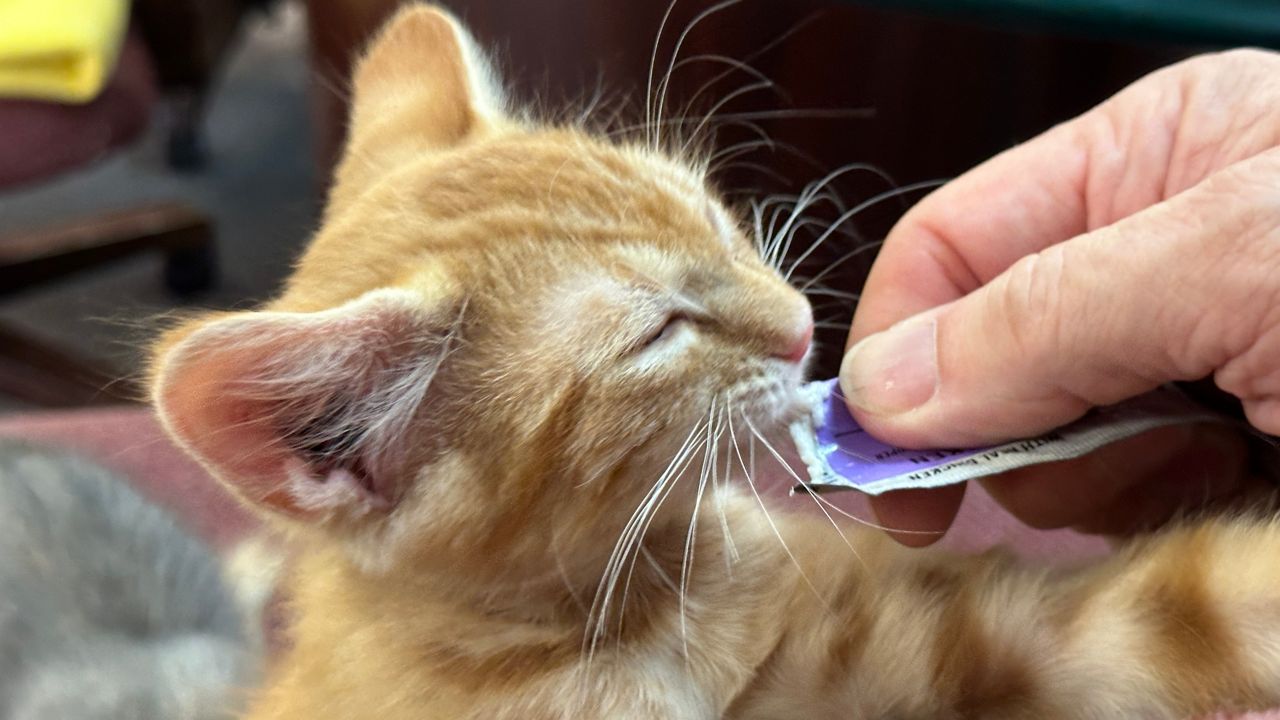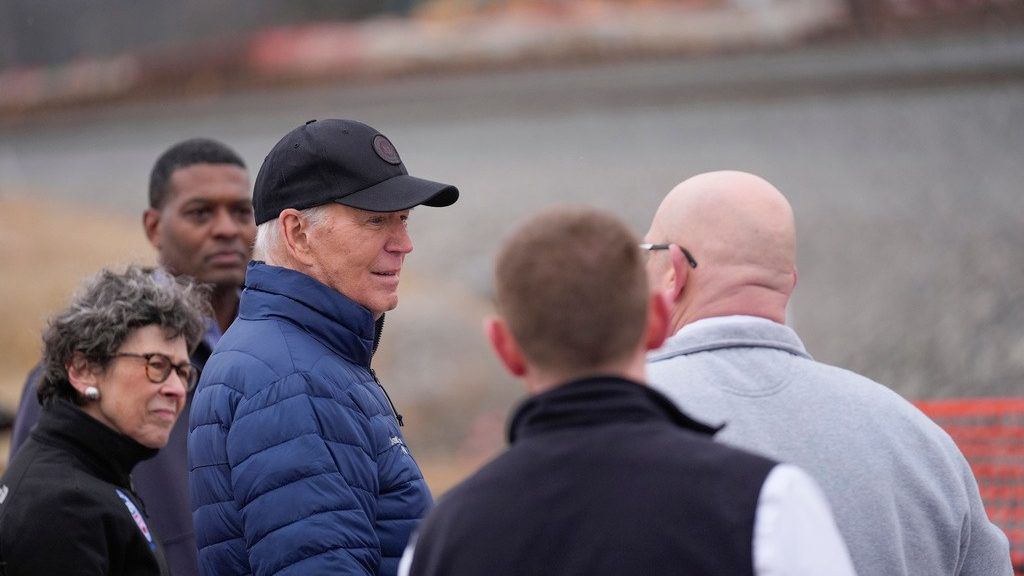COLUMBUS, Ohio — Pollen may not be great for your seasonal allergies, but it is necessary for a strong crop yield.
"If you think about what we're growing here, typically, what we're harvesting is the seeds of the plant that we're growing," agriculture expert Andy Vance said. "So corn, you think about an ear of corn, those kernels on the cob, those are all the corn seed, so without pollination, there is no process of creating that seed."
Pollination occurs when pollen grains from the male anther of a flower are transferred to the female stigma. This process creates seeds. Seeds are fertilized and later germinate.
Weather conditions can impact when pollination occurs.
"I recall the year of the big drought, I think was 2012. We were a little late getting corn into the field and I was worried about that," Vance said. "But then the drought struck and we actually missed pollinating during the hottest part, the driest part of that drought and in consequence had a really great corn crop. Where, if we had gotten into the field early that year and had pollinated like a lot of our neighbors did during the hottest, driest part of that drought summer, we would have had a terrible crop."
Vance said the timing of pollination depends on heat and humidity among other factors.
Vance said farmers, not only in our state but throughout the country, will need to adapt to the changing and often extreme weather conditions.
"The good news relative to your question about seeds specifically is something that researchers at universities like Ohio State and at the large seed and chemical companies are studying all the time how to make more drought tolerant seeds. As an example, that's been one trait, one topic that's been a huge source of research and development over the past 15 and 20 years, trying to make plants that are more resilient to the conditions we're facing now because they are very different from the conditions, you know, my parents and grandparents were farming with generations ago."








